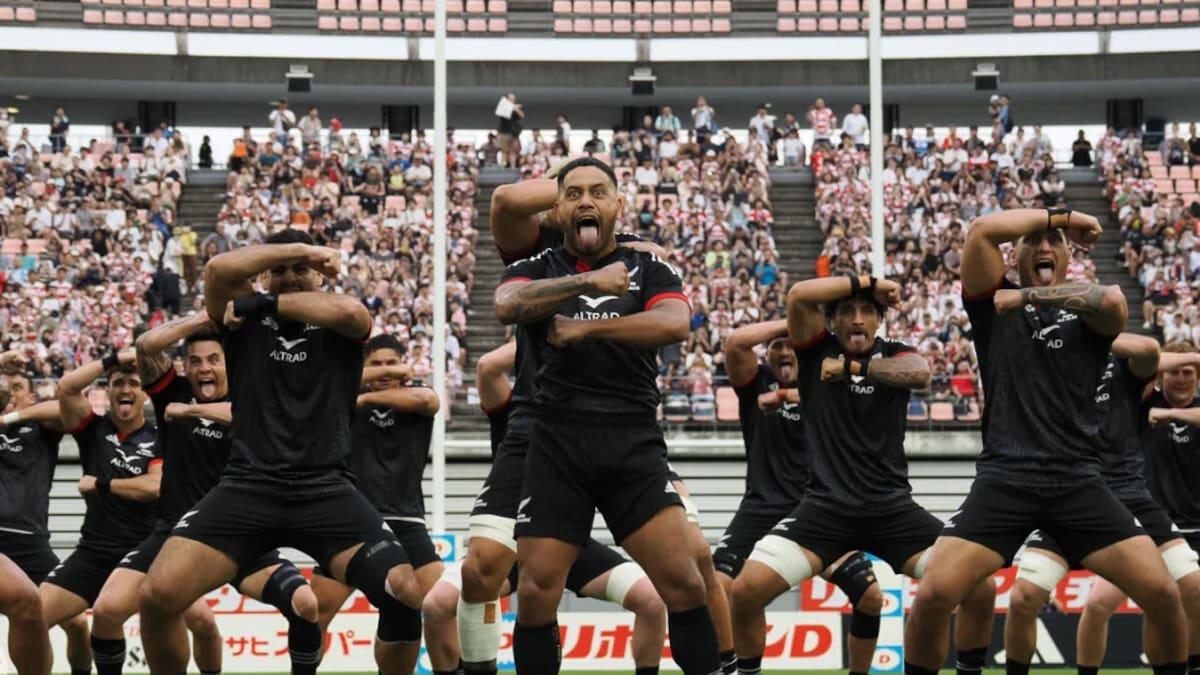“These games will not only be a celebration of rugby excellence, they will be a moment of reckoning, of recognition and of reconciliation. We intend to use this occasion to formally apologise for the discrimination they endured and to honour those who were excluded and marginalised here at home.”
Alexander’s remarks come one week out from the first test between the All Blacks and Springboks, but also as plans are being finalised for the All Blacks to tour South Africa in 2026. It will be their first full tour of any nation since their series win over the Springboks in 1996. It is understood the tour, which will officially be called “The Greatest Rivalry”, will involve the All Blacks playing three tests and five midweek games, with a fourth test to be held at Twickenham in London later in the year.
In a statement, NZ Rugby did not mention any specific involvement of the Māori All Blacks in the 2026 tour but said it was “excited to share more details about the All Blacks and Springboks tours in the coming weeks alongside the South African Rugby Union. As a part of this, we are exploring opportunities for the Black Ferns to be involved.”
A young Bryan Williams proved he was a force to be reckoned with on the field. Photo / Courtesy of Bryan Williams
Māori and Pasifika players were barred from touring South Africa with the All Blacks in 1949 and 1960, with the 1970 and 1976 cohort that included Sir Bryan Williams and Sid Going infamously given “honorary white” status under the apartheid regime’s laws. There had been an earlier pre-apartheid tour in 1928, with Māori players excluded, however, that was at the behest of the NZRFU (now NZ Rugby) for fear of upsetting the already deeply racially divided situation in South Africa at the time.
A then-New Zealand Māori side toured South Africa in 1994, the same year Nelson Mandela had been elected President and apartheid had been fully dismantled. The team’s visit had been orchestrated by Alexander’s predecessor Louis Luyt as a gesture of goodwill towards Mandela’s new African National Congress Government, amid escalating tensions at the time that had South Africa on the brink of civil war.
Mandela and Luyt then played pivotal roles in the following year’s Rugby World Cup, where the Springboks defeated the All Blacks in the final.
– RNZ

